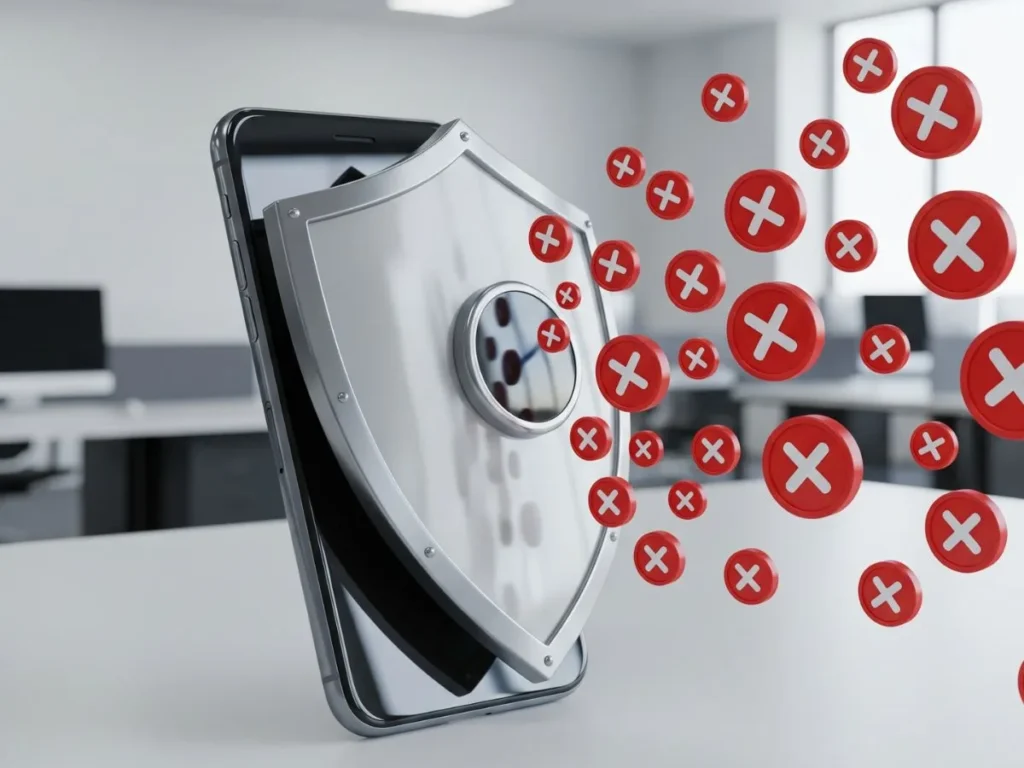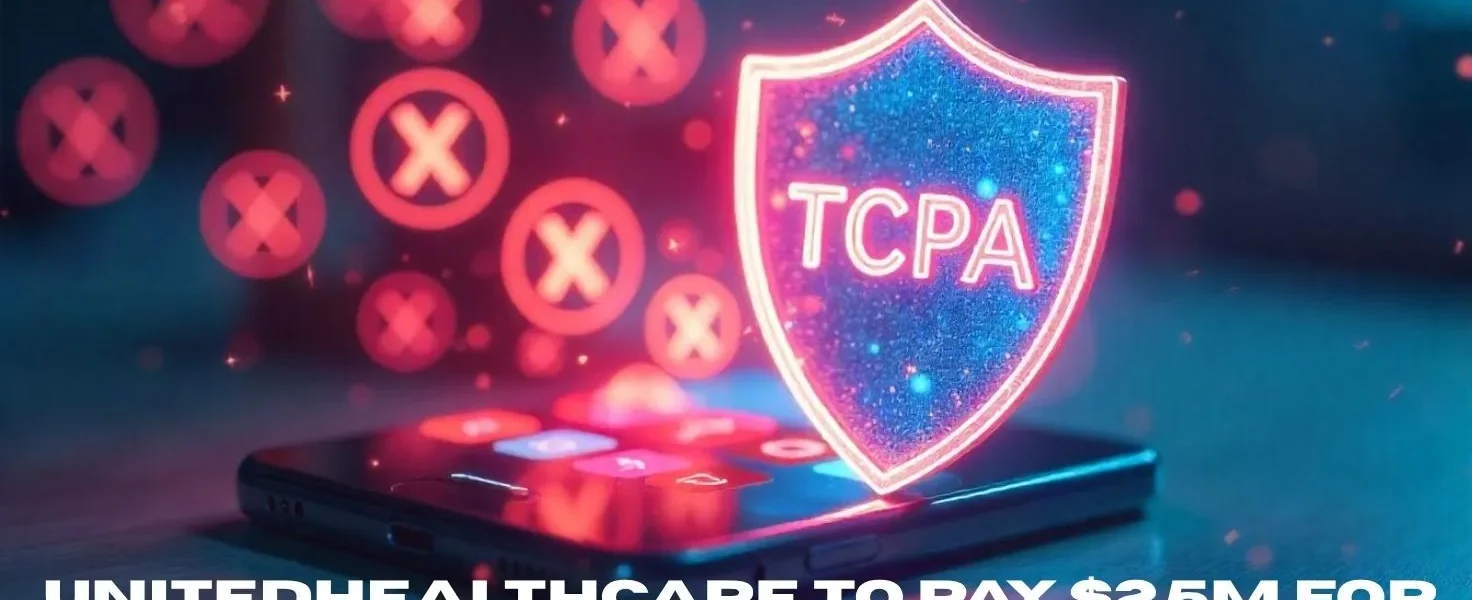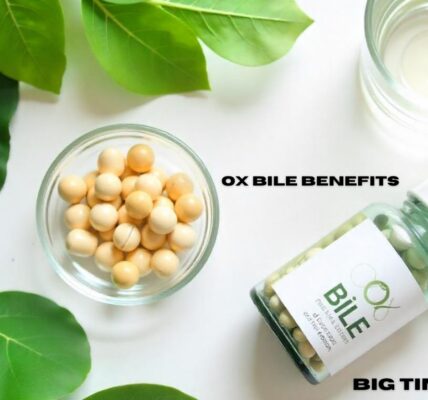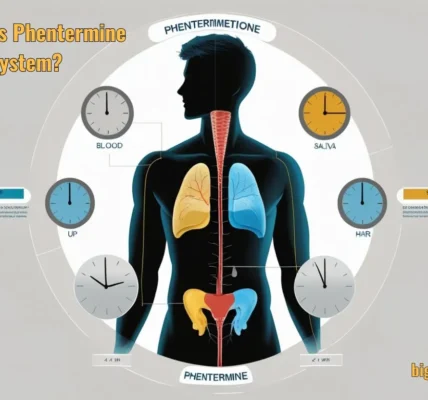Introduction
Big news in the legal world. UnitedHealthcare to Pay $2.5M for Alleged TCPA Violations.
This is a class action lawsuit settlement. UnitedHealthcare does not admit wrongdoing. However, this agreement highlights big concerns. It shows worries about unwanted telemarketing calls.
Unauthorized prerecorded calls reportedly affected thousands of consumers. This settlement offers them some help.
The case serves as a reminder of the importance of consumer privacy rights. It also highlights the legal rules that protect people from unwanted calls.
We will explain these alleged violations. We will then examine their broader impact. This affects individuals and the healthcare industry.
Understanding the TCPA: Protecting Your Phone Privacy

The Telephone Consumer Protection Act (TCPA) is a federal law. Congress passed it in 1991. This law protects your phone privacy. It regulates telemarketing calls, faxes, and texts.
The main goal is to stop unwanted intrusions. This includes calls from machines or prerecorded voices. It also covers calls to numbers on the National Do Not Call Registry.
Key aspects of TCPA violations often include:
- Unsolicited Robocalls: Companies cannot use recorded or artificial voices without your written permission.
- Autodialed Calls to Cell Phones: Businesses are prohibited from making autodialed calls to cell phones. They need your prior consent.
- DNC Registered Number Calls: Your number might be on the National Do Not Call Register. Companies cannot call you then. This rule applies unless you have a business relationship or give written permission.
- No Clear Opt-Out Process: Companies must provide a clear and easy way to stop future calls or messages. Failing to do this is a violation.
Violations can lead to big fines. These fines range from $500 to $1,500 per call. The exact amount depends on the violation. Therefore, TCPA lawsuits are a powerful tool for consumer protection.
The Allegations Against UnitedHealthcare: Unwanted Calls
A class action lawsuit was filed. It was Samson v. UnitedHealthcare Services, Inc. This lawsuit made a claim. It is alleged that UnitedHealthcare made unwanted telemarketing calls.
They reportedly called consumers’ mobile phones. These calls used prerecorded or artificial voices.
The calls allegedly happened between January 9, 2015, and January 9, 2019. This period is key. It forms the basis of the alleged TCPA violations that led to the settlement.
Key allegations in the lawsuit were:
- Call recipients had not given their permission beforehand.
- Some people were called even after they had asked to stop.
- Specific UnitedHealthcare teams allegedly made the calls. These included Medicare and Retirement Non-Licensed Retention, Community and State National Retention, or Medicare and Retirement Collections Teams. They utilized dialing systems such as Avaya Pro Contact or LiveVox IVR.
- Crucially, many recipients were not UnitedHealthcare members. They were also not authorized to get calls for members at the time.
UnitedHealthcare denies these allegations. But the company agreed to pay. Class action cases are expensive. They also carry risks in complex situations. This is why the settlement happened.
The $2.5 Million Settlement: Claiming Your Part from UnitedHealthcare
The $2.5 million settlement aims to help people. It compensates individuals harmed by the alleged unwanted calls. This substantial UnitedHealthcare payment directly links to the alleged TCPA violations.
- Eligibility for Payouts: You were likely eligible if you received certain calls. These were non-emergency prerecorded or artificial voice calls. They came from UnitedHealthcare (specific teams mentioned) to your cell phone. This happened between January 9, 2015, and January 9, 2019.
- Estimated Payouts: Individual payments are estimated to be $350 to $1,000 per person. The final amount depends on the number of valid claims submitted.
- Claim Deadline: The deadline to file a claim was April 15, 2025. (Note: As of today, June 13, 2025, this deadline has passed. This is very important information for readers.)
- Final Approval Hearing: The Court will hold a hearing to consider final approval. It is set for June 20, 2025. If the court approves it and no appeals are filed, payments typically begin soon after that date.
- Important Note for Readers: As of this article’s publication (June 2025), the filing deadline for these claims (April 15, 2020) has passed. So, new claims cannot be filed. However, the settlement still needs final court approval. Those who submit valid claims will still receive payment if their approval is granted.
Broader Implications: What This Means After UnitedHealthcare’s Payment
This UnitedHealthcare TCPA settlement has big impacts. It affects both consumers and businesses. It shows that alleged TCPA violations have serious consequences. This case sets an important example.
- Consumer Empowerment: Consumers have rights under the Telephone Consumer Protection Act (TCPA). This settlement is a strong reminder. It shows that even large companies must follow telemarketing laws. This encourages people to report unwanted calls.
- Increased Scrutiny on Businesses: This settlement sends a clear message. All businesses must comply with the Telephone Consumer Protection Act (TCPA). It’s not optional. Companies need strong procedures. They must obtain consent for calls. Businesses must also update Do Not Call lists. Avoid automated calls without permission. Failure to do so can result in significant financial penalties. It can also harm a company’s reputation.
- Focus on Privacy: Digital communication grows fast. Therefore, protecting consumer privacy is more important than ever. This case highlights legal protections. They shield consumers from unwanted intrusions.
- Deterrence: Class action cases, like this one, stop others. They are a powerful deterrent. Companies now spend more resources on compliance. They also review their telemarketing methods.
- Holistic Consumer Well-being: Beyond legal protections, consumers seek overall health. They want ways to improve their well-being. Understanding nutrition helps. It’s part of a proactive approach. For example, explore the Surprising Fiddlehead Ferns Health Benefits You’ll Love!. This can show how certain foods boost health.
What to Do if You Receive Unwanted Calls
The deadline for this specific UnitedHealthcare settlement has passed. However, understanding your TCPA rights remains important. If you get unwanted telemarketing calls:
- Sign up for the National Do Not Call Registry: Visit DoNotCall.gov. Add your phone number there.
- Ask for a Demotion: If a company calls, tell them directly. Say, “Please remove me from your own Do Not Call list.”
- Document: Write down details. Include the date, time, company name, and what was said. This information will be helpful if you take action later.
- Report Offenses: You can report TCPA offenses. Submit reports to the Federal Communications Commission (FCC). Also, report to the Federal Trade Commission (FTC).
- Seek Legal Assistance: Violations might be constant or very serious. Consider talking to an attorney. Find one who handles TCPA claims.
Conclusion
The news of UnitedHealthcare to Pay $2.5M for Alleged TCPA Violations marks a key moment. It is vital for consumer privacy advocacy.
The claim submission period for this specific settlement has now passed. But its impact will certainly be felt.
This settlement strongly reminds all companies. They must strictly follow telemarketing rules. For consumers, it shows the power of laws like the TCPA. It helps people understand their rights.
It also empowers them to protect themselves from unwanted calls. Ultimately, this development continues an important effort. It ensures individuals control their communication.
FAQs
Why UnitedHealthcare to Pay $2.5M for Alleged TCPA Violations?
UnitedHealthcare agreed to pay $2.5 million. This settles a class action lawsuit. The suit accused the company of placing unwanted prerecorded telemarketing calls. These calls allegedly violated the Telephone Consumer Protection Act (TCPA).
What was the TCPA violation for which UnitedHealthcare was sued?
Plaintiffs in the class action alleged that UnitedHealthcare used an automatic telephone dialing system (ATDS). They also allegedly used an artificial or prerecorded voice. This was for telemarketing to individuals’ cell phones. They did this without proper prior consent. This violated the TCPA.
Who is included in the UnitedHealthcare TCPA class action settlement?
Class members were individuals who received certain non-emergency, prerecorded, or artificial voice calls from UnitedHealthcare. This incident occurred between January 9, 2015, and January 9, 2019. They were also not members or agents who had given consent.
When was the deadline to file a UnitedHealthcare settlement claim?
The Samson v. United HealthCare Services, Inc. settlement claim-filing deadline was April 15, 2025. This deadline has now passed.
Does UnitedHealthcare acknowledge wrongdoing in this settlement?
No. UnitedHealthcare does not admit any wrongdoing. However, it agreed to the settlement. This was to “avoid the expense and uncertainty of continued litigation.”
What are TCPA violations?
TCPA violations include making unwanted calls, faxes, or text messages to a person’s cellular phone. This is especially true when using automatic dialing instruments or prerecorded voices. It’s a violation without permission. Additionally, contacting numbers on the Do Not Call Registry is a violation.








